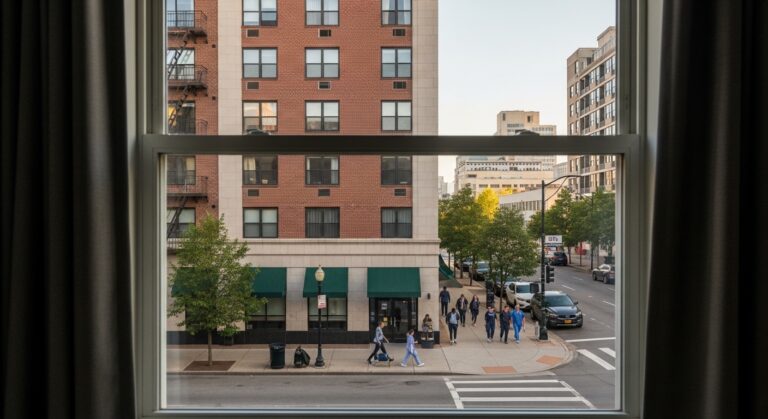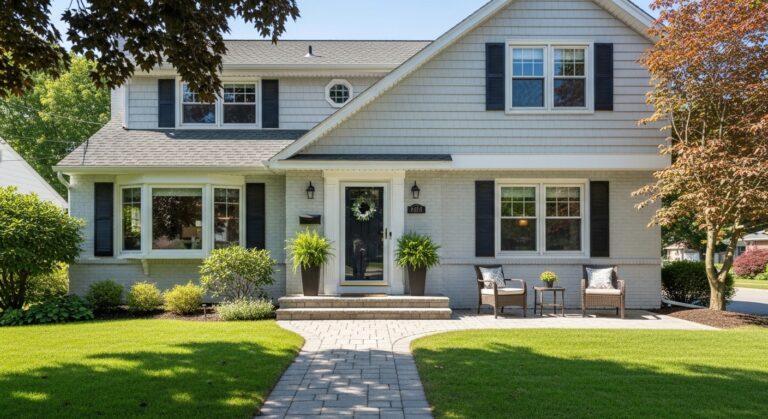Real estate is changing — fast. What worked five years ago may not work today. Between short-term rental bans and long-term lease struggles, many investors feel stuck. That’s why mid-term rentals investing is rising fast as the smarter, safer strategy.
If you’re tired of chasing nightly guests or locking into year-long leases, mid-term rentals offer the best of both worlds — flexibility and stability.
What Is Mid-Term Rentals?
Mid-term rentals investing means leasing furnished properties for 30 days to 6 months. These rentals serve:
- Traveling professionals
- Digital nomads
- Families between homes
- Healthcare workers
- Insurance-displaced residents
It’s not a hotel. It is not a full-time home. It is a flexible, high-demand niche — and it’s booming.
Why Mid-Term Investing Beats Short-Term Rentals?
Short-term rentals (STRs) like Airbnb are facing new hurdles:
- Legal restrictions
- Heavy taxes
- STR license caps
- High cleaning and turnover costs
But mid-term rentals investing avoids most of these issues. Cities that ban 3-night stays often allow 30+ day leases. That means:
- Fewer legal risks
- Longer guest stays
- Lower turnover stress
It’s the legal “sweet spot” in a shifting rental market.
Why Mid-Term Investing Outperforms Long-Term Leases?
Long-term tenants bring predictable income — but less control. Once locked in, you can’t adjust:
- Rent pricing
- Guest type
- Property access
But with mid-term rentals investing, you maintain control and flexibility. You can:
- Adjust rates seasonally
- Attract high-quality tenants
- Refresh and inspect units regularly
It’s consistent cash flow without the long-term risk.
The Financial Benefits of Mid-Term Investing
Let’s talk numbers. Mid-term investing can boost your income compared to year-long leases.
Here’s how:
- Charge 20–40% more than traditional rent
- Keep vacancy rates low with 2–4 tenants per year
- Reduce maintenance costs with fewer move-ins
Plus, many guests come with corporate housing budgets or insurance payouts, which can cover premium rates.
Who’s Driving Demand in Mid-Term Rentals?
This market is growing — fast. Why? People want flexibility, especially after COVID.
🧳 Travel nurses & medical staff
💻 Remote workers & freelancers
📦 Relocating families
🧯 Insurance claim renters
📚 Interns & grad students
These aren’t vacationers. They’re responsible renters who need a fully furnished home — for weeks or months at a time.
How MiniStays Supports Mid-Term Investing?
Platforms like MiniStays.com are built specifically for 30+ day stays. That means:
- No vacation rental distractions
- No last-minute guest changes
- Just solid, stable renters who stay longer and treat your space with care
Want strategies and checklists to boost your listings? Info.ministays.com offers everything you need to grow.
Whether you’re a new landlord or seasoned investor, mid-term rentals investing starts here.
Real-World Success: Why Investors Are Switching to Mid-Term Rentals
Meet real investors who made the shift:
💼 Case Study 1: The Traveling Nurse Magnet
Zara listed her 2-bedroom unit in Phoenix as a mid-term rental. Within two weeks, a hospital placed a traveling nurse for a 3-month stay. No hassle. No vacancy.
🏡 Case Study 2: The Suburban Switch
David owned 3 long-term rentals in the suburbs. He converted one to mid-term. Within the first year, he earned 35% more — and reduced turnover by half.
These stories are everywhere. And they’re growing by the day.
The Future Is Flexible: Why Rentals Investing Wins?
Let’s be real — laws will change, guest needs will evolve, and cities will tighten rules. But mid-term rentals investing is ready for that.
It offers:
- Legal security in most U.S. cities
- Steady demand from professionals
- A chance to scale your real estate portfolio fast
You’re not just renting. You’re running a streamlined, future-ready business.
Ready to Start Rentals Investing?
The market is wide open. The demand is rising. And the tools are already in your hands.
📍 List your unit today on MiniStays.com
📘 Learn how to succeed at info.ministays.com
Mid-term rentals investing isn’t a trend. It’s the new standard in smart real estate.



